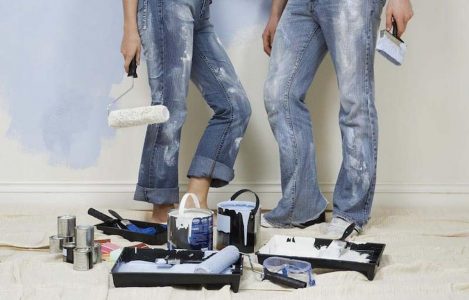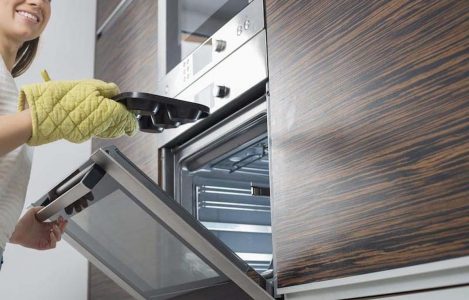Within the domestic property market in the UK, there are generally 3 types of water system used.
- Combination Boiler
- Gravity Fed System
- High Pressure System / Unvented Cylinder
When it comes to each system, they all have their positives and negatives and exactly which type of water system is best for you will depend on your individual needs and requirements.
All 3 types of system operate in roughly the same way when it comes to central heating. The difference between the types of water system make come into effect when it comes to the provision of hot water for showering, bathing and such within your bathroom installation
Types of water system – Combination Boiler
The combination boiler, often referred to as a ‘combi’ has, in recent years at least, become a more popular and energy efficient solution for most uk households.
In simplest terms, the combination boiler only operates on a demand for hot water. The combination boiler has a heater inside to heat the water instantaneously upon a demand and then the combination boiler ‘pumps’ the water to the required location.
Obviously the operation of the combination boiler is far more technical than that, however this is its operation in simplest terms.
Benefits of a combination boiler system
With a combination boiler system, the water is pumped to the outlets as required. What this means for your fitted bathroom installation is that there are really no limits in the type of products that can be installed. You are able to choose mono bloc mixer taps, showers with body jets, rain style shower heads, and a whole host of other things. For us as bathroom installer, we love working on these types of water system as they give the customer the maximum amount of options when it comes to choosing fittings for their bathroom.
Negatives of a combination boiler system
The combination boiler system has a lot going for it, but there are some negatives. For example, and we admit we are guilty of this and were pretty sure every installer within our industry is too, if your combination boiler breaks down, what do you do?
Obviously we have a gas safe engineer at our disposal who is able to complete a whole host of boiler services and central heating changes.
But what do you do in the meantime? We have, in the past installed a separate electric shower hidden in a stud work partition with easy access for this eventuality. This is a little bit of overkill in our opinion though. We often look at it this way. How many times have you had a power cut that you can think of, or your water has been turned off by severn trent etc? A lot more often than a boiler breakdown we know for sure!
Types of water system – Gravity Fed System
With a gravity fed water system, the water is pushed out of the hot water cylinder to the taps, shower and such, by what is classified as the ‘head of pressure’. That is to say, the weight of the water in the cold water storage tank, pushes the water out of the cylinder below to create the flow. These types of water system are what most UK households originally had installed when they were built.
Benefits of gravity fed water systems
In all fairness, because the gravity fed types of water system have been around for a long time, most people are used to them and how they operate. One of the key benefits of this types of water system is that there are many different parts. With newer types of water system, like the combination boiler for example, there are not many parts and as such, due to us becoming a throwaway society, it is more often more economical to simply replace the whole boiler than to look at repairing them. With a gravity fed system because there are many different parts, it becomes more economical to replace and change any broken parts. Many heating engineers prefer a gravity fed types of water system due to this. Although this could be because with any of the other types of water system, their services are less in demand, we’ll let you decide that one.
Negatives of a gravity fed water system
For our purposes, we will only concentrate on the negative with fitted bathroom and fitted kitchen installations. Our main gripe with these types of water system is the pressure of the water coming out at the taps, showers and such. Because they work on gravity and head of pressure, the flow is often limited. This limits the types of taps, shower etc that can be installed as otherwise they may not work correctly.
With most manufacturers nowadays trying to meet the demands of the consumer by producing fancy mono bloc taps, mixer showers and such, it is very difficult for them to accommodate the wide variety of choice for gravity fed types of water system.
Types of water system – Mains pressure / unvented cylinder
These types of water system are very similar in effect to a combination boiler. The water coming out of the taps / shower etc is at mains pressure and as such this means that you have an endless choice with regards to the types of fittings you have available for your bathroom installation.
How do the different types of water system affect my bathroom installation?
Careful consideration has to be made depending the types of water system to which products you choose to have installed in your bathroom, or your kitchen.
Whilst there are many options available and sometimes, not having a huge flow of water to that nice new basin tap isn’t an issue, not being able to use that wonderful power shower is pointless.




